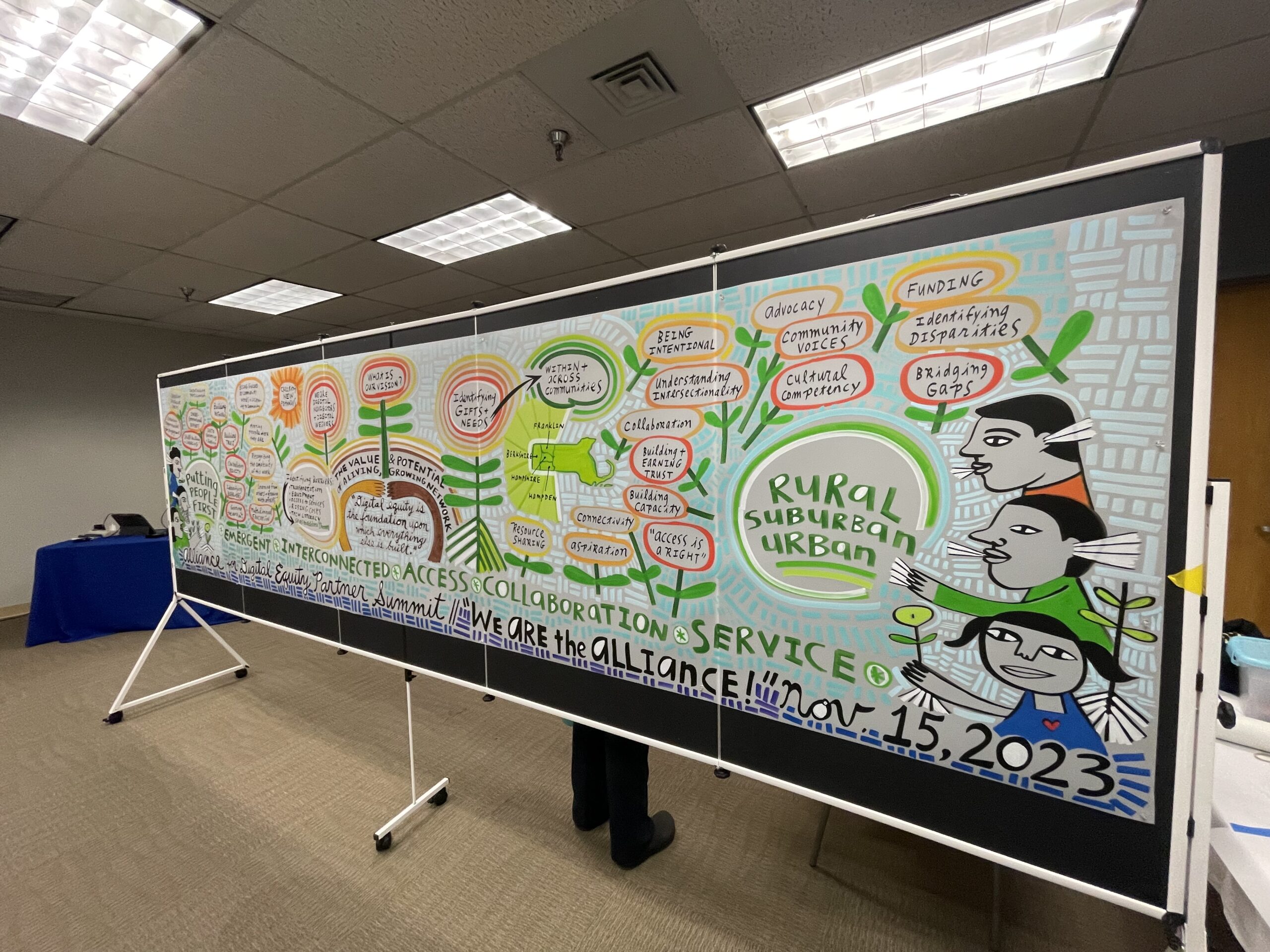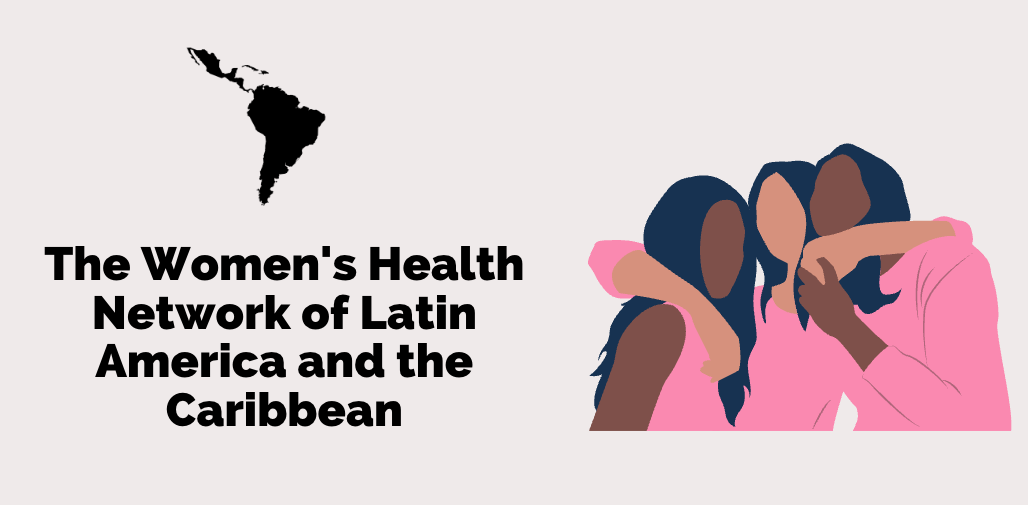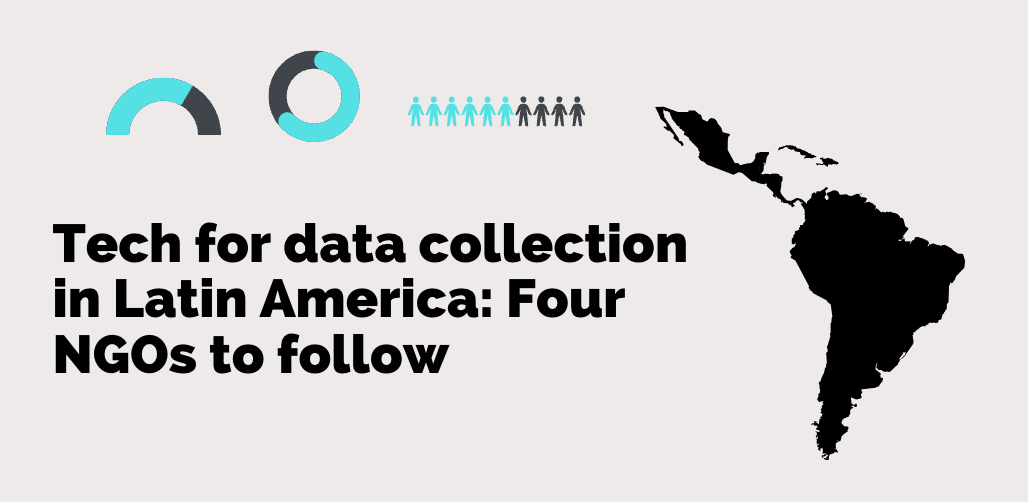Patient navigation can be defined as personalized support for both families and individuals undergoing care for a variety of medical conditions. Patients and families may be in a particularly vulnerable moment, encountering a number of barriers to care, including misinformation and trouble with language. Navigators aim to act as advocates, facilitating and accompanying patients along their care journeys.
Patient navigation as an official practice can be traced back to New York in 1990, thanks to Dr. Harold Freeman.
Navegación de Pacientes International (NPI) is an organization that provides Spanish language capacity building to navigators, nursing staff, community health workers and communities to reduce rates of cancer and other illnesses primarily across Latin America. Nancy Peña, journalist by trade and career Patient Navigator, is the organization’s founder and Executive Director. She has worked as a lead Patient Navigator for two of the world’s leading hospitals, Dana-Farber Cancer Institute (DFCI) and Brigham and Women’s Hospital (BWH) for years.
Nancy found her path to this work after encountering all types of misinformation and discrimination in care delivery in her home country of Guatemala. It was their that she initially learned just how complex barriers to care can be when dealing with the healthcare system. She had a unique view of this issue in Guatemala, while also observing that patient navigation in the United States seemed to be a potential solution with tremendous potential. Cancer patients could stand to benefit the most from having patient navigators by their sides, potentially paving the way for timely life-saving treatments that many would otherwise not know how to find.
“Patient Navigation reduces overall wait time and processes to access a treatment”. – Nancy Peña, Founder, NPI.
Navigator Certification
Part of NPI’s work is to certify navigators through a comprehensive training program that includes the following themes:
- Navigator fundamentals: basic information about patient navigation, the role of the Navigator, things a Navigator can and should not do in the role.
- General health education: In NPI’s training, education related to cancer treatment, preventive medicine, nutrition, mental health. The training program also educates navigators on how to work with patients, families, and medical professionals throughout the navigation process.
- Prácticas: Navigators undergo 6 training months where they are tasked with providing navigation to 1-3 patients. NPI supports this phase by accompanying the new Navigators through their training, providing guidance and necessary resources for their training.
To date, NPI has certified navigators in Guatemala, El Salvador, Nicaragua, Peru, Colombia, and Argentina. In a next phase, their reach will include navigators from Honduras, the Dominican Republic, Haiti and Cuba.
Technology and Data Collection
Data collection plays a fundamental role in NPI’s operations. Thanks to the collaboration with TecSalud, NPI can pinpoint some of the internal and external barriers to accessing health systems and common treatments available to cancer patients. This is key information for the ongoing navigation activities provided by NPI certified navigators. On the other hand, having a robust digital strategy in place to collect data also allows patients to evaluate their experience with their patient navigators. All of this information combines to allow NPI to analyze data for better programmatic decision-making.
Before working with TecSalud, the navigators were using Google suite. TecSalud has worked with NPI to transition from Google to Jotform, a simple, affordable data collection tool that functions on tablets, phones, and desktop. TecSalud built out a number of forms and processes to make it easy to transition with minimal administrative and end user training thanks to Jotform’s great interface.
With Jotform in place, NPI will have better reporting capabilities. The team is able to view data in a variety of formats, highlighting the most important points to be used to make institutional decisions, improve service delivery and training, and provide critical impact evidence for future funding opportunities.
Patient navigation saves lives by helping to guarantee proper access to the health system. Because of this critical service, many of the most vulnerable people are able to access better care options in Latin America. It’s important to support those who guide patients through their cancer and other care paths through trainings, formal certification, and better ways to gather and share information. Patient Navigators promote health as a fundamental right and help to push for dignified, fair treatment of all their patients.





